Climate change poses a serious threat to South Korea’s kimchi production. Rising temperatures affect the growth of napa cabbage, the main ingredient.
Scientists warn of potential cabbage shortages in the future. This situation puts a beloved cultural dish at risk.
Napa Cabbage: A Cool-Climate Crop in Peril
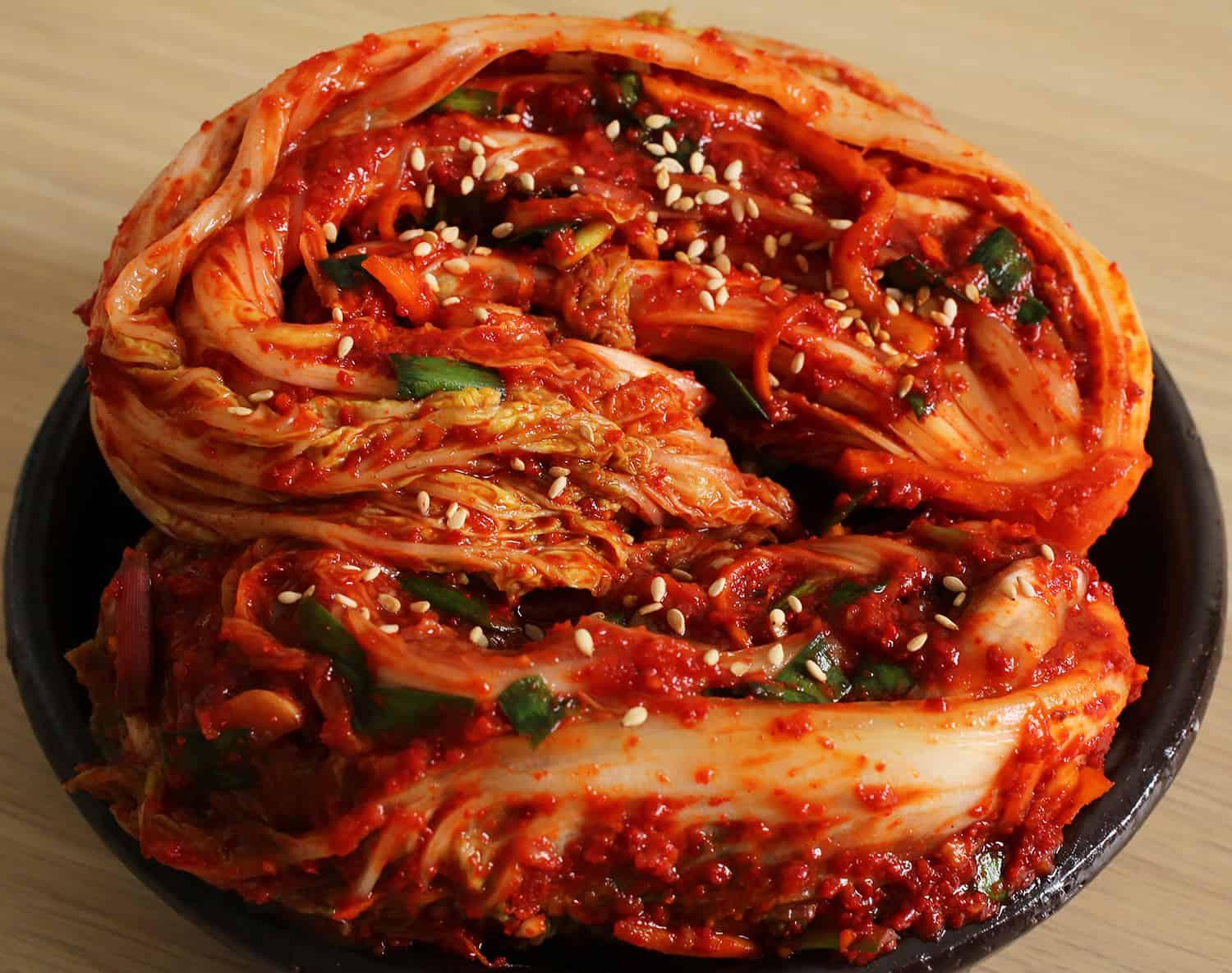
Napa cabbage thrives in cool temperatures between 18-21°C. Traditionally, farmers grew it in mountainous regions with ideal climates.
Warmer weather now threatens these crops. The changing climate pushes cabbage cultivation beyond its comfort zone.
Farmers and Kimchi Makers Feel the Heat
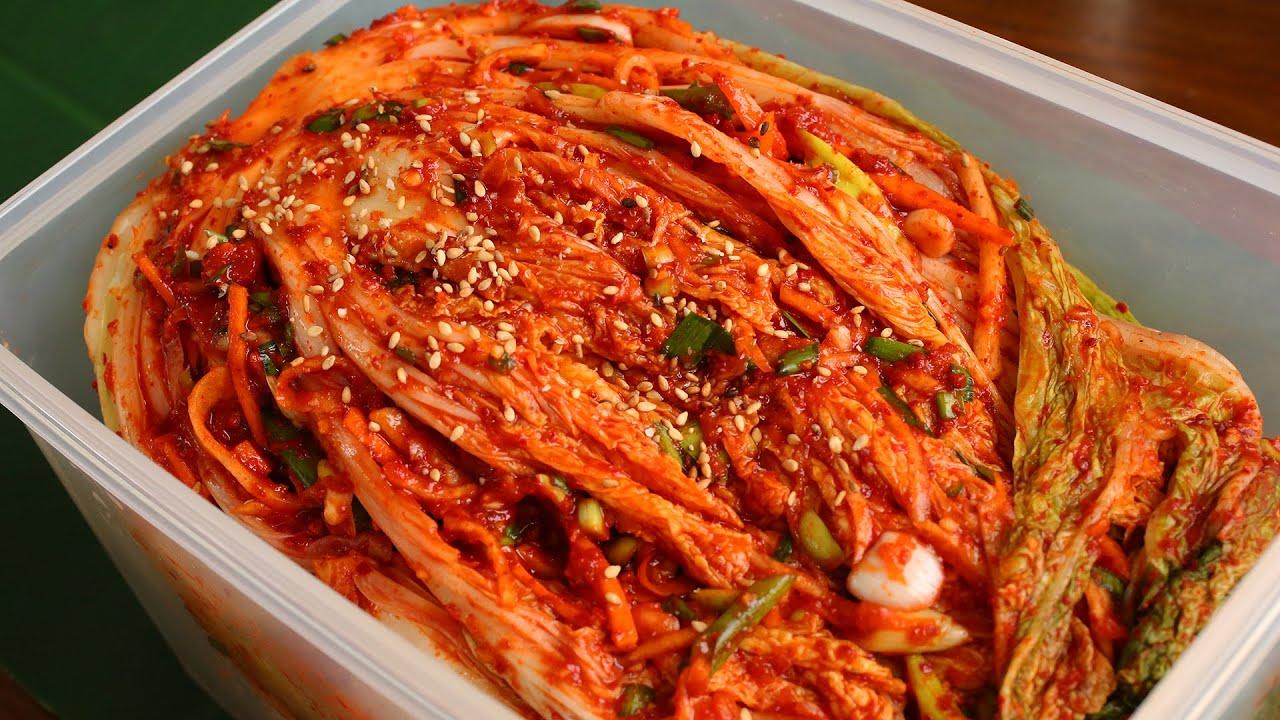
Higher temperatures damage cabbage quality and yield. Kimchi masters report deterioration in cabbage texture and taste.
The heart of the cabbage often spoils in hot weather. These changes force producers to adapt their practices.
Highland Cabbage Farming Area Shrinks Dramatically
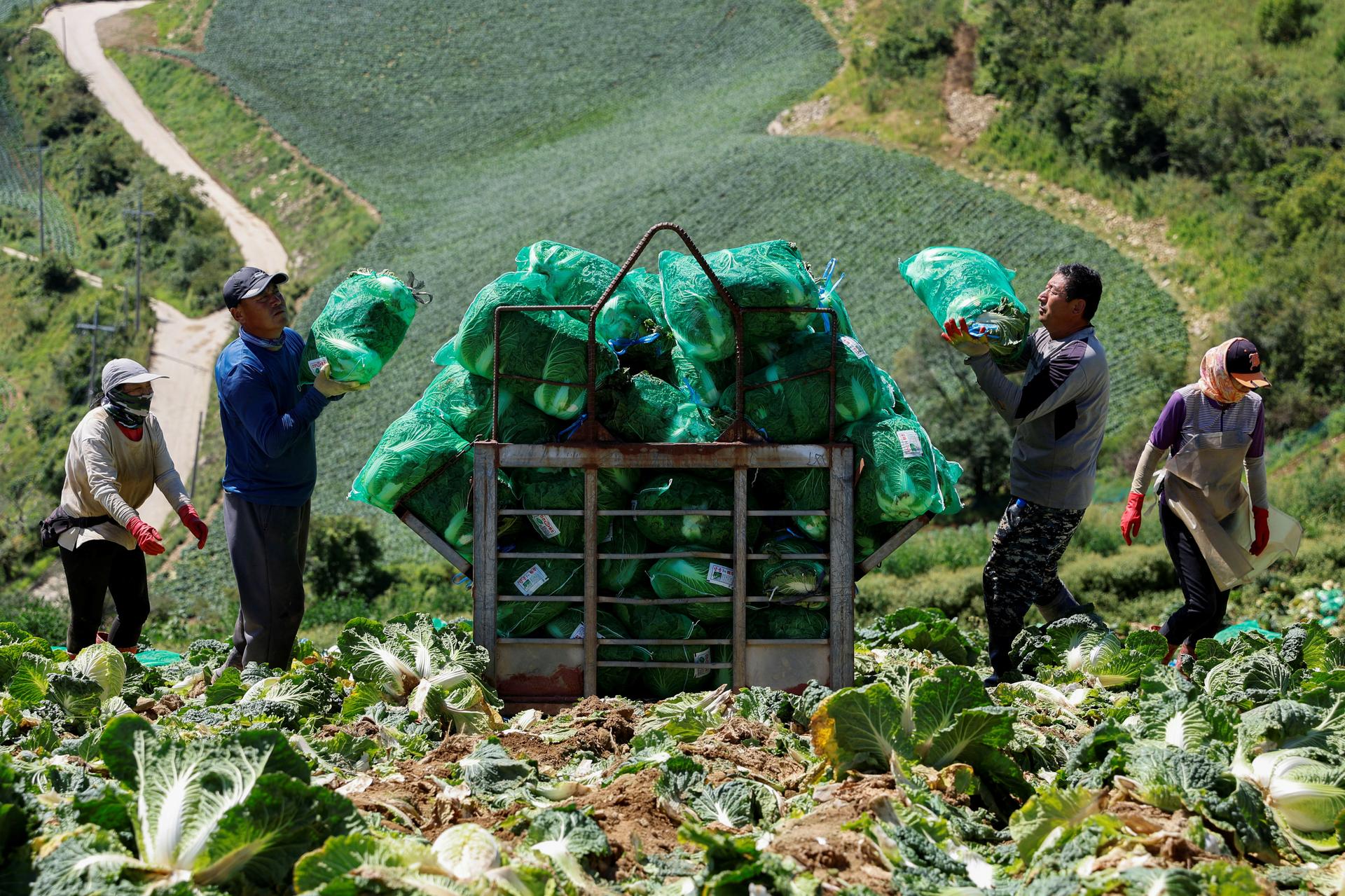
Government data shows a significant decrease in highland cabbage farming. The area reduced from 8,796 hectares in 2002 to 3,995 hectares in 2022.
Projections suggest a further decline to just 44 hectares by 2048. By 2090, highland cabbage farming might cease entirely.
Multiple Factors Contribute to Cabbage Crop Decline
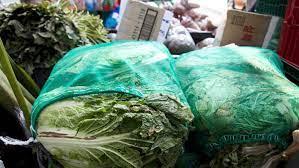
Climate change brings unpredictable heavy rains and longer summers. These conditions make pest control more challenging.
A devastating fungal infection now threatens crops near harvest time. Farmers struggle to adapt to these rapidly changing conditions.
Chinese Imports Add Pressure to Kimchi Industry
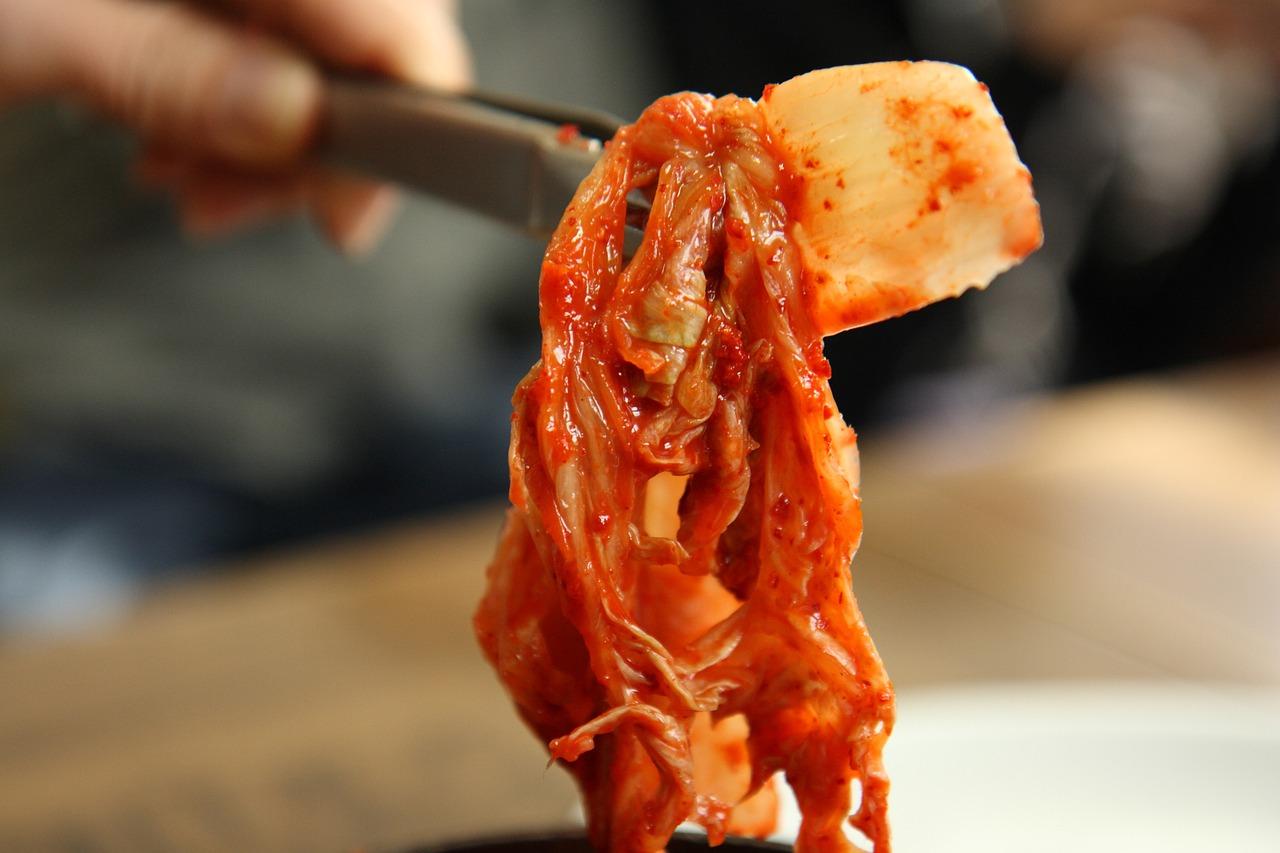
South Korea’s kimchi industry faces competition from Chinese imports. Customs data shows kimchi imports reached $98.5 million by July 2023.
This figure represents a 6.9% increase from the previous year. Cheaper Chinese kimchi dominates the restaurant market.
Government and Scientists Seek Kimchi Crisis Solutions
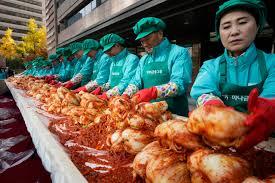
The government uses climate-controlled storage to prevent shortages. Scientists work on developing heat-resistant cabbage varieties.
These new varieties aim to withstand climate fluctuations and infections. However, concerns about taste and cost remain.
Kimchi’s Cultural Significance Amplifies Climate Concerns
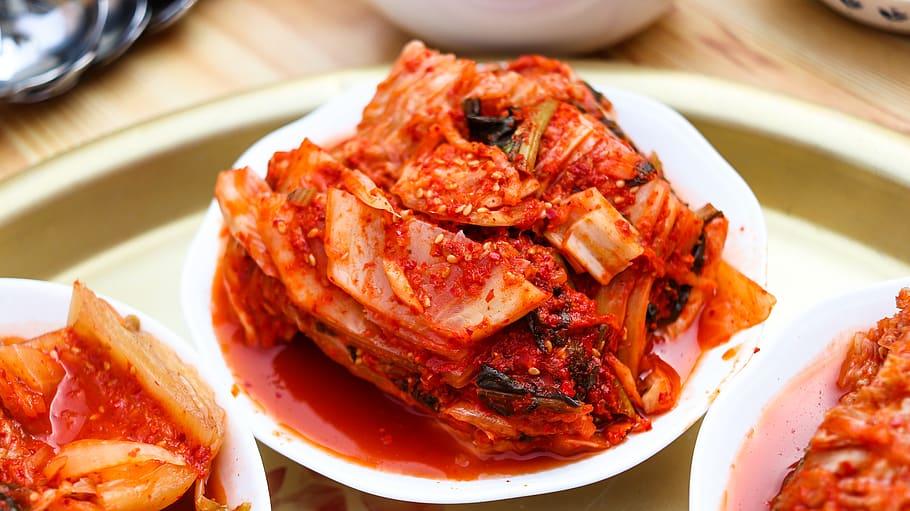
Kimchi holds a central place in Korean cuisine and culture. The dish’s potential loss worries many Koreans.
Farmers express shock and sadness at the predictions. The threat to kimchi production raises broader cultural preservation concerns.
Economic Impact of Changing Cabbage Production Patterns
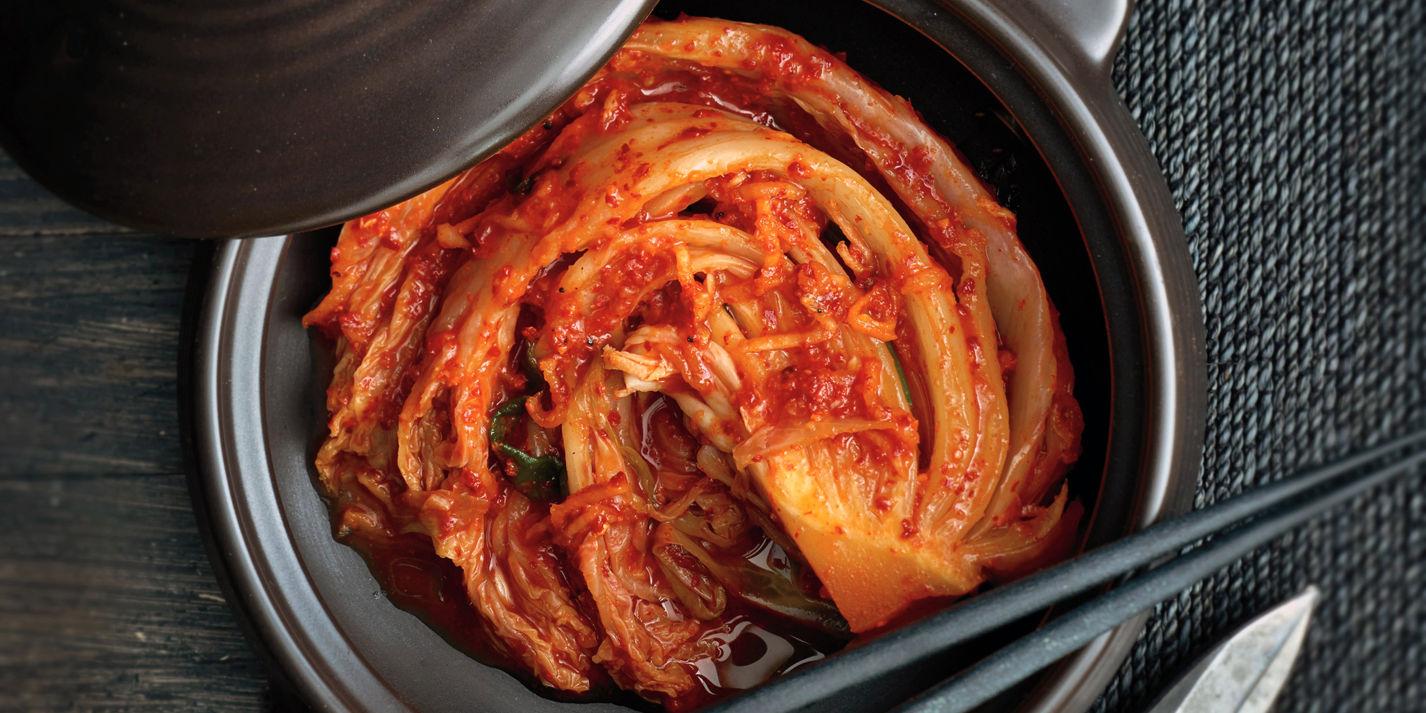
The shift in cabbage farming affects rural economies. Farmers may need to switch to alternative crops.
The kimchi industry might face higher production costs. These changes could impact Korea’s food exports and tourism.
Global Climate Change Effects on Local Cuisines
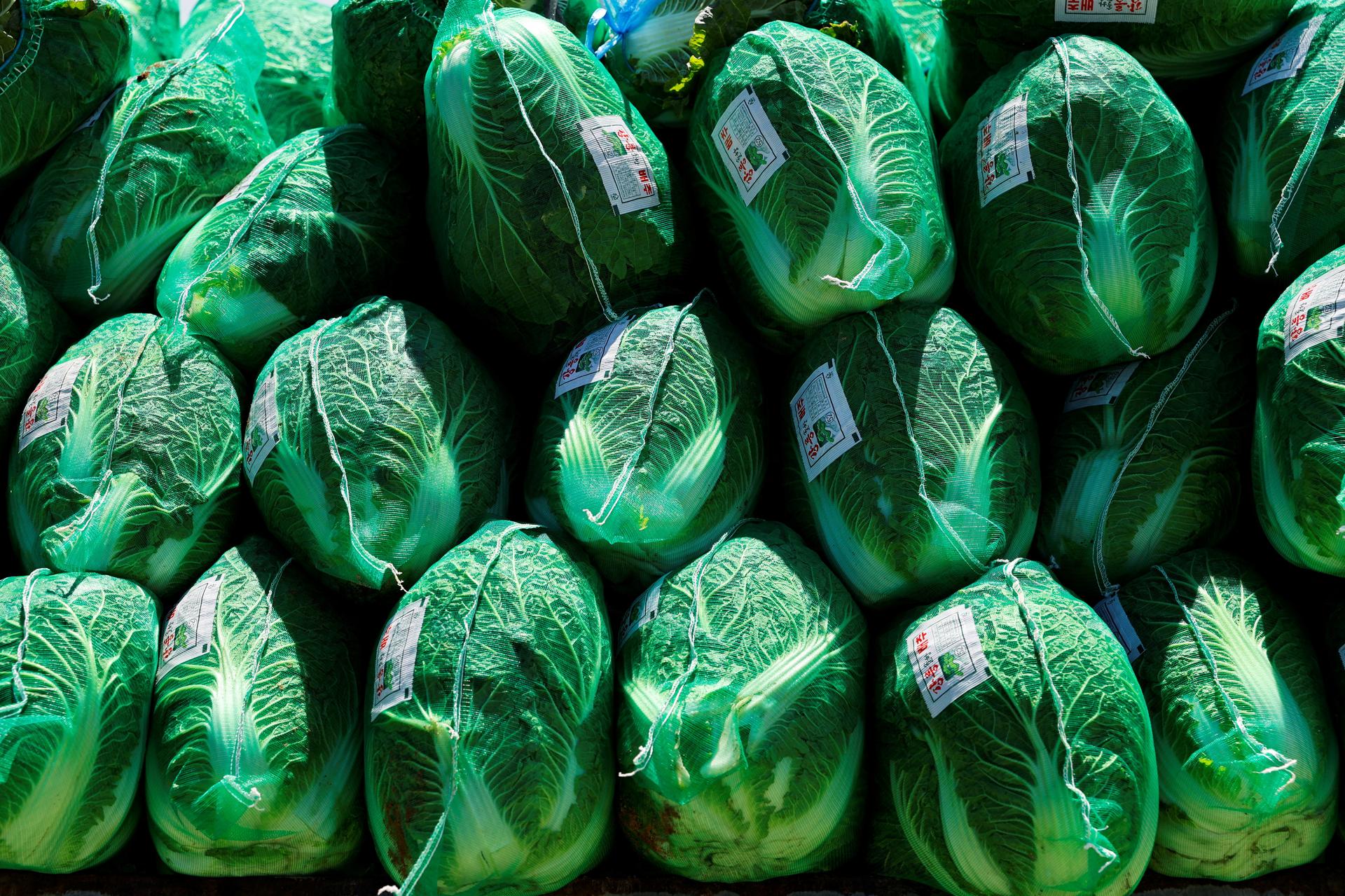
South Korea’s kimchi crisis exemplifies a global trend. Climate change threatens traditional foods worldwide.
Local cuisines often rely on specific environmental conditions. This situation highlights the need for global climate action to preserve cultural heritage.

